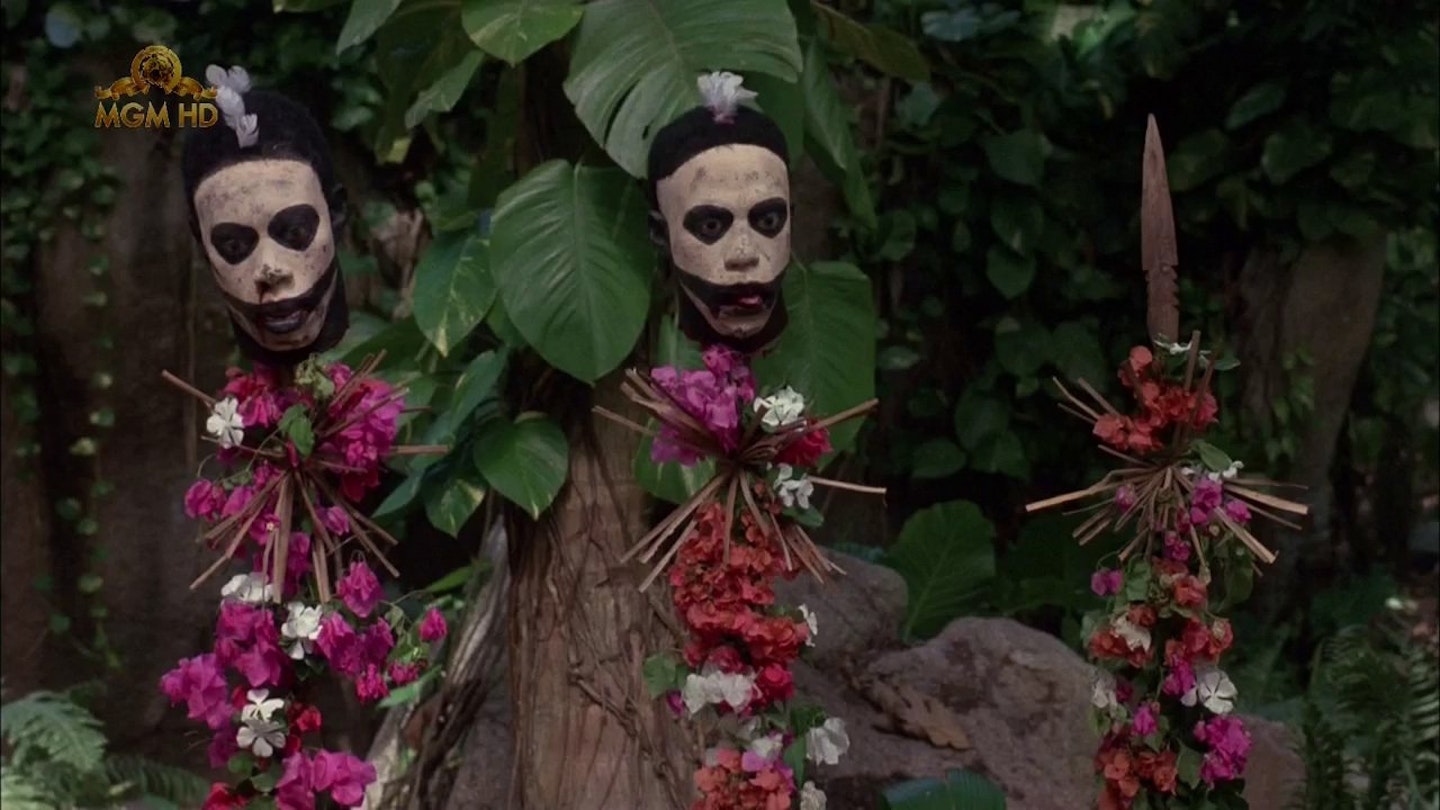Even Luis Bunuel, hardly the world's most conventional film maker, knew what a gift to the screen Daniel Defoe's novel was; when he set out to adapt it into a movie starring Dan O'Herlihy he reined in his penchant for disrupting the narrative and turned out a faithful adaptation of the old story that was still astoundingly Bunellian. The original text also proved worthy when it was adapted in the early 60s into a lengthy French serial (with a memorable theme tune) that was repeated by BBC children's television at least 80 times over 20 years. But beware! film people never know when to leave well alone, and the last major adaptation of the book was Jack Gold's daft and trendy Man Friday, with Peter O'Toole and Richard Roundtree exposing the racism of the relationship between castaway and slave, while missing the point entirely.
Caleb Deschanel's Crusoe is more of that sort of thing, with Defoe's curiously detached Yorkshire sailor rewritten as a rotten Virginia slave trader who undertakes a dodgy voyage into dangerous waters in the hopes of wringing some more profits out of black flesh, and Man Friday written out entirely to make room for a painted warrior who proves more capable and humane than the white man when they are left together in a mini re-run of Hell In The Pacific.
It's an impeccably liberal film, full of obvious symbolism Crusoe is turned black himself when plunged into a swamp and only escapes thanks to a kindly impulse on the part of the African and ultimately boring in its travelogue prettiness.
Aidan Quinn is too much the clean-featured hunk to be convincing as a cowardly villain in the first reel, and he flounders way out of his depth when the script drives him to Python-esque craziness or a maudlin relationship with a castaway dog on the island. The meat of the story Crusoe adjusting to loneliness and self-sufficiency is hurried through in order to get the African on-screen at about the half way point, without bothering with Defoe's most famous image (the lone footprint on the beach), so the film can get down to its pompously serious business. Then we merely get a rush job of hostility turning to mutual admiration and a very limp upbeat finale.
